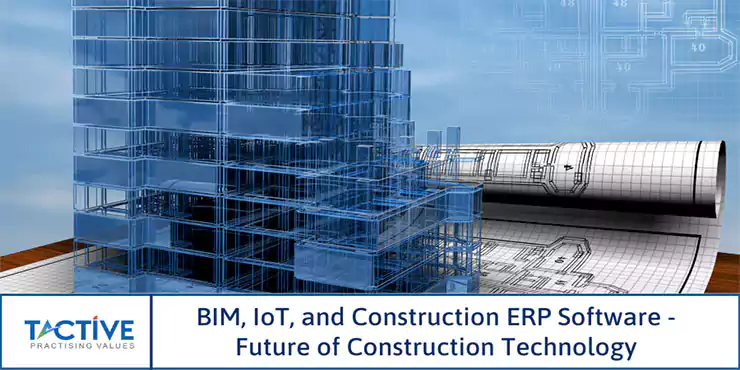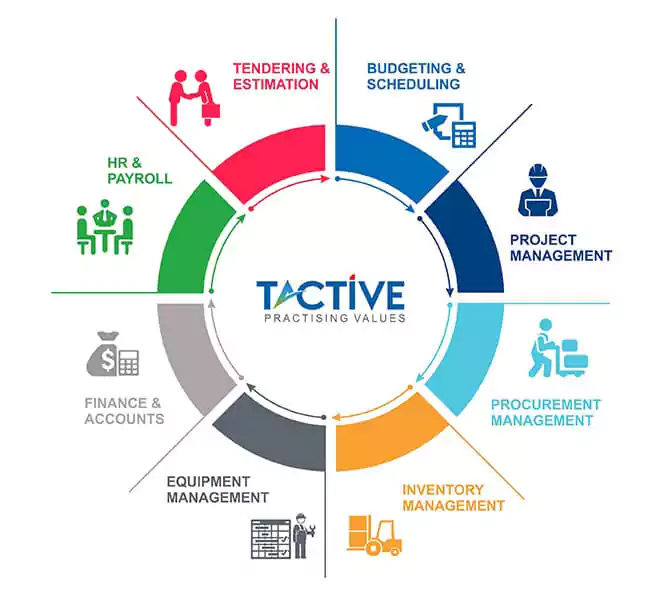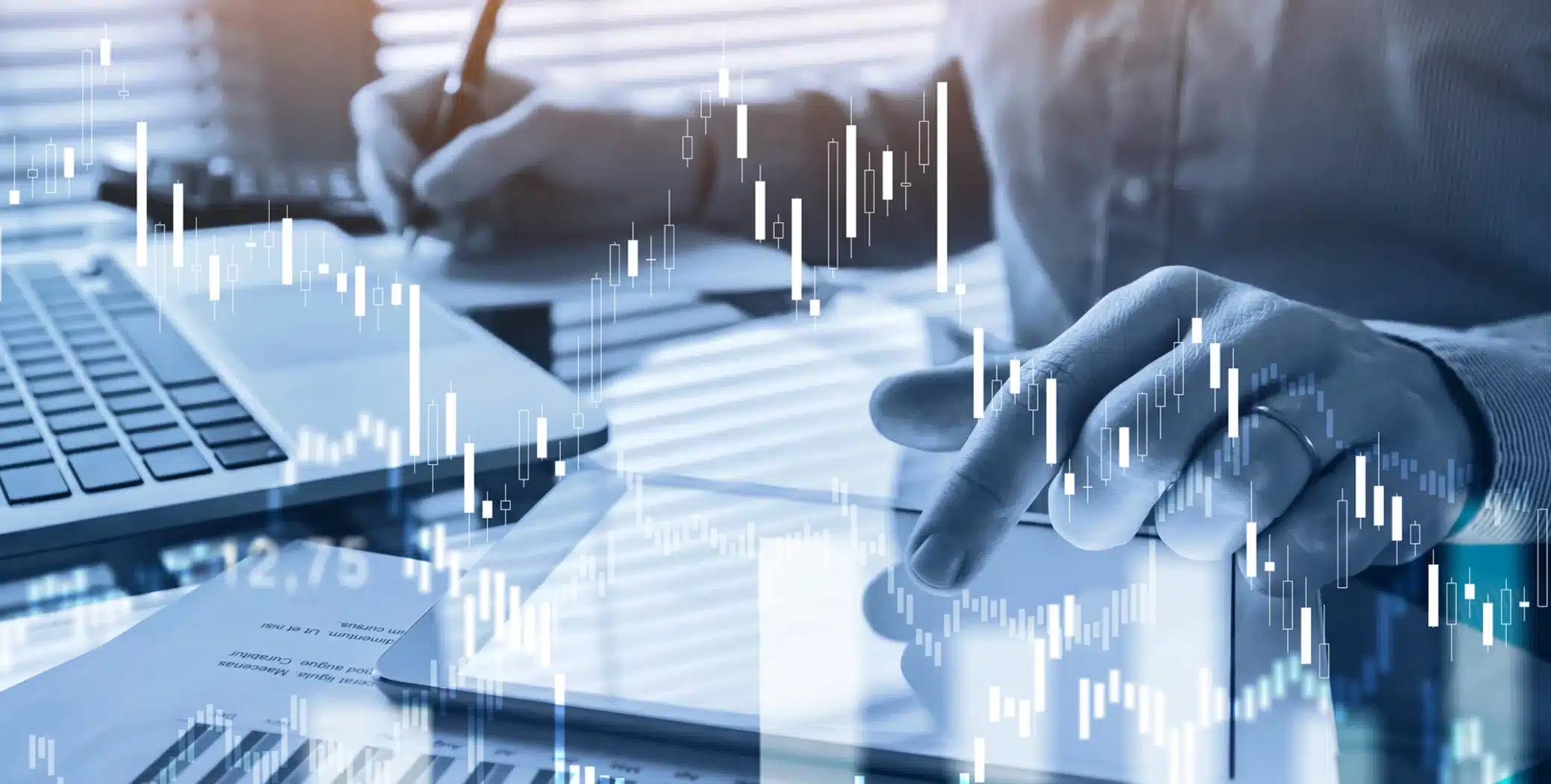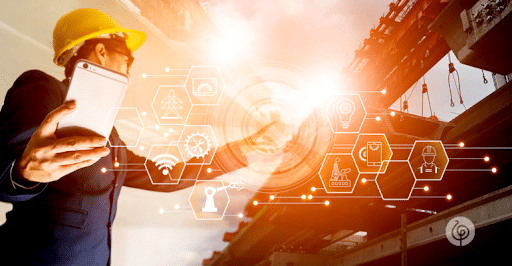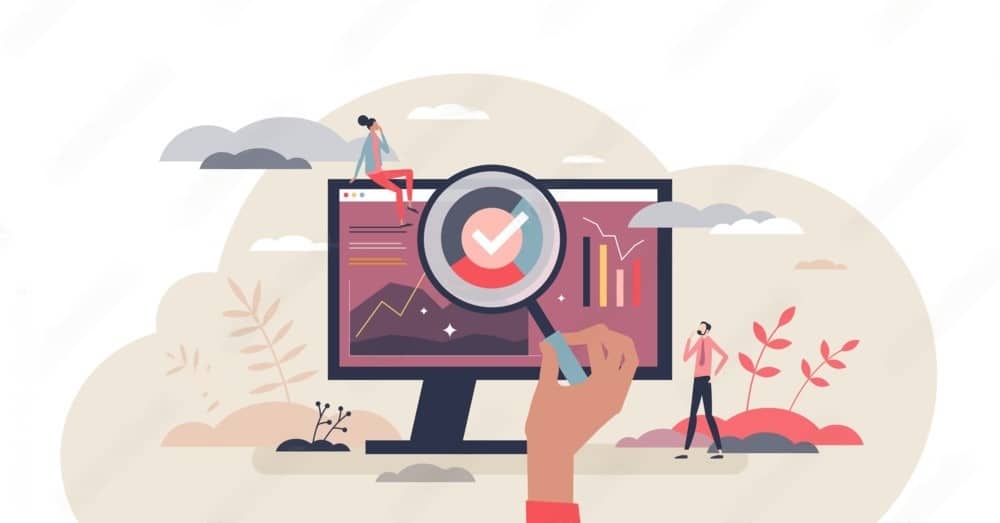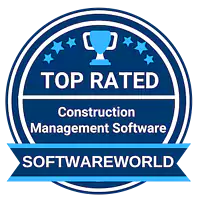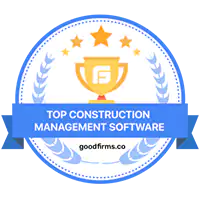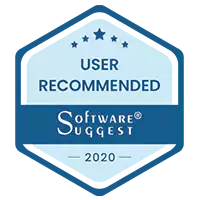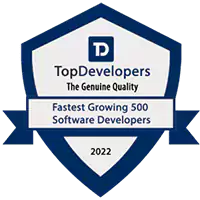Technology is an integral part of any business and the construction industry is no exception. From creating designs to scheduling work, execution of tasks, tracking of progress, and much more, technology is the driver of growth and the key to unlocking the untapped potential.
BIM
Building Information Modeling is a process that starts with the conceptualization of an intelligent 3D model that facilitates the management of documents, coordination among the different aspects of a project, and simulates the entire work-flow of the construction operations in a controlled environment to provide a miniature effect of the actual work planned.
Here are the reasons to implement BIM
- Capture the real and authentic representations of the site
- Perfect for collaboration
- Save time and effort
- Stay in control of your project
- Aids in the simulation of the project work-flow
- Identify and mitigate conflicts before they show up
- Efficient Coordination
- Easy access to your plan, design, models, etc., from anywhere at any time.
Processes of BIM
- Plan: Using the real-time data gathered from the site to arrive at a concept 3D model
- Design: Architecture, floor plan, elevation, documentations, etc. are carried out.
- Build: Actual construction takes place using the data generated from the previous process.
- Operate: The lesser-known fact about the application of BIM, it can also be used post completion of the project to operate the building further in a cost-effective way like building renovations, interior/exterior decorations, general maintenance, etc.
The concept of BIM in the construction sector is similar to the concept of a ‘Soft Opening’ for hotels that are rated 5 stars and above. To know ahead of the grand opening what is likely to show up, to avoid negative surprises on the day of the grand opening. Similarly, BIM lets the stakeholders like the site engineer, project managers, etc. know what is the plausible outcome that they may have to face when the actual project goes live at a later date.
IoT
It is the technology that enables the transfer of data between the software and the hardware I.e. the physical objects. IoT enables a real-time connection with the material world. It is achieved through sensors, detectors, software, and other technologies including the so-called AI.
IoT is seen as a breakthrough of the 21st century, paved the way for automation in whatever industry or sector it is implemented in. The industrial application of IoT is fully beneficial only when it is integrated with Operation Technology (OT) like ERP software, etc., which shall be discussed in detail in the coming section.
Infrastructure applications
The IoT can benefit the construction industry by saving cost, on-time project delivery, quality control, paperless workflow, and increasing productivity. It assists in making faster decisions with Real-Time Data Analytics. It can also be used for scheduling repair and preventive maintenance activities in an orderly manner, by coordinating tasks between different service providers and users of these facilities. Reducing the number of man-power required to complete a task can also be achieved to a significant level.
Eg: A gatekeeper may be replaced with IoT automated gates that will raise the barricade automatically when vehicles having the registered license plate number approaches the premise. The sensors in the gates will detect the movement of men, goods, and vehicles that pass by. Maintaining a digital entry of the elements that move in and out of the premise is the future of doing smart and lean business that is free from human errors, time, effort, and money.
ERP
Enterprise Resource Planning is a concept that has been in use since the ’60s. It is all about shredding away the unwanted and exploitive elements of an organization to make it lean and smart for improved productivity. The key component of any good ERP system in the construction industry is to first identify those factors that are weighing down an organization from making a decent ROI. Once identified, the system has to give in the necessary inputs required for the end-users to choose a better alternative.
Secondly, the Construction ERP Software should evaluate the risk to reward ratio in opting for an alternative while also considering the economical and geographical feasibility of the same.
Thirdly, it should be a functioning platform that supports all the other technologies that are in the industry for achieving synergy between the various segments of technology and domain. Integrating one technology with the other and to the back office for enhanced coordination puts the ERP into good usage.
ERP systems typically include the following characteristics:
- An integrated system
- Operates in real-time
- A common database that supports all the applications
- A consistent user experience across modules
- Modes of deployment: on-premises, cloud-hosted, or SaaS
An ERP is an operating platform that paves the way for other construction technologies like the Drones, BIM, IoT, etc., to add value to the project lifecycle. Without a coordinating platform like ERP, the output/data generated from the use of the other mentioned technologies will be of very little use as the fundamental purpose of simplifying the work-flow to gain a better insight and coordination is defeated.
It is, for this reason, the use of an ERP platform is recommended for organizations that strive to achieve synergy and clarity in their day-to-day processes. Eg: Construction technologies like the Drones, IoT, BIM, Virtual Reality, Mobile technology, etc. are like independent applications on a smartphone or a computer where the ERP is the operating system on which the use of these applications is best utilized.
It is in the best interest of the contractors to go digital and automate their projects with various modern facilities/technologies, and integrate them all under one roof through a multi-faceted and dynamic platform like the construction management software to avoid cost & time overruns, for effective execution of projects.
Resisting change is no longer an option for the Constructors of ‘Tomorrow’. Change is only frightening so long as it is not witnessed in person what it is all about, and how it will redefine the way you perceive business operations of the future.
Tactive offers you the front row for witnessing how its construction management software is going to digitize your construction business processes @ free DEMO of Tactive construction ERP software.
